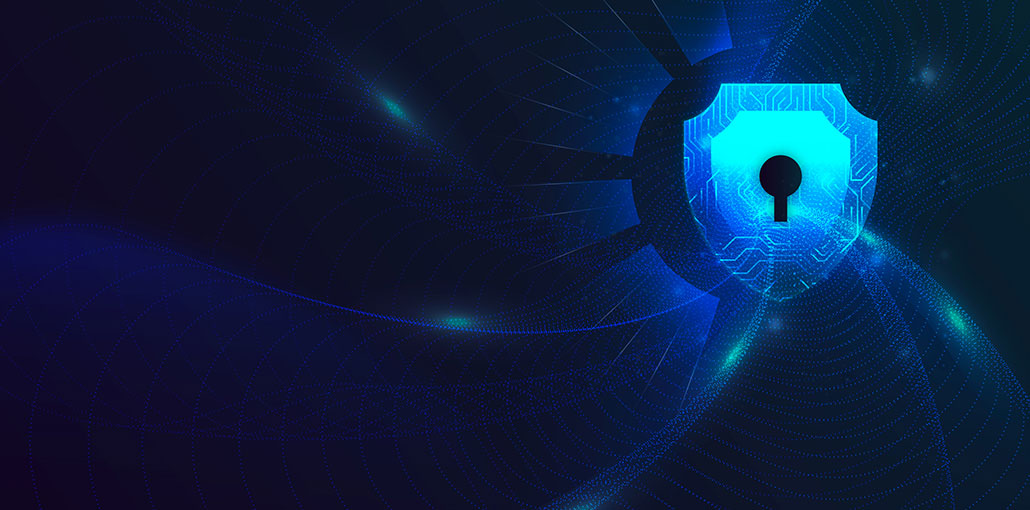When thinking about cybersecurity, many automatically envision tools that track connections at the packet level or evaluate traffic for suspicious activity through the network infrastructure. These are highly effective tools for spotting and stopping malicious threats. But endpoint security takes an entirely different approach.
Let’s dig into why endpoint security is more important than ever before.
What is Endpoint Security?
More and more, endpoints, or devices connecting to networks, are becoming hotspots for vulnerabilities. There are a few things driving this trend, which will be discussed later. First, let’s look closer at endpoint security and some of the tools that can facilitate it.
Endpoint security uses various measures at the device level in order to remediate threats. This is done by installing endpoint detection and response (EDR) software to be installed on the device, which will then collect data for analysis. The EDR platform then performs continual monitoring on the device, in addition to collecting and logging its activity. This collected information is then used to identify indicators of compromise (IoC), which is evidence showing an attack might be in process. These are a few events endpoint security uses as IoCs:
- Unusual login attempts
- Unexpectedly large volumes of data are being moved
- Location spoofing
- Too much memory and processing power being used for no apparent reason
- Changes to device or user preferences
Many more factors can be used to identify vulnerabilities in endpoints. No matter how you cut it, however, it’s impossible to deny the importance of endpoint security. According to IDC, 70 percent of breaches begin at an endpoint. With this in mind, let’s dive into why endpoint security has become such a critical focus of organizations today.
Also read: Top 11 Enterprise Password Management Solutions
Why is Endpoint Security So Important to Enterprises Today?
Now that you understand the premise behind endpoint security and its purpose within an enterprise’s security posture, it’s time to look more closely at why it’s so important right now. As outlined in the previous section, the majority of breaches originate at endpoints.
But what are some of the forces behind this?
The most obvious is that endpoint security provides the means to solve a critical problem facing enterprises. By monitoring data flow and responding to suspicious events coming from endpoints, organizations can triage these ever-present threats faster—limiting potential damage. This still doesn’t answer the critical question of why the endpoint threat has become so prevalent to enterprises.
Also read: Top 7 IoT Security Threats to Prioritize in 2021
A few trends are in play here.
People feel more comfortable working from home than in the office. And, most prefer to work on their own devices (smartphones, laptops) than those provided by the company, which aren’t as familiar to them. From the employer’s perspective, remote work and the BYOD preference save capital. They can avoid purchasing work phones and computers, as well as cut down on the physical office footprint.
The drawback to all this is enterprise networks become less secure when employees are connecting through their personal devices. No matter how much precaution is taken here, there’s always going to be some level of uncertainty when IT isn’t able to fully control security protocols on the device level.
Furthermore, the influx of (Internet-of-Things) IoT devices connecting to enterprise networks is providing another doorway for malicious actors. The rapid increase in the adoption of connected technologies creates more attack surfaces.
It’s essential for any enterprise operating in today’s world to acknowledge the massive task presented in endpoint security. Failing to take this job seriously can lead to dire consequences, as nefarious actors will exploit any opportunities presented to them.










Leave a comment